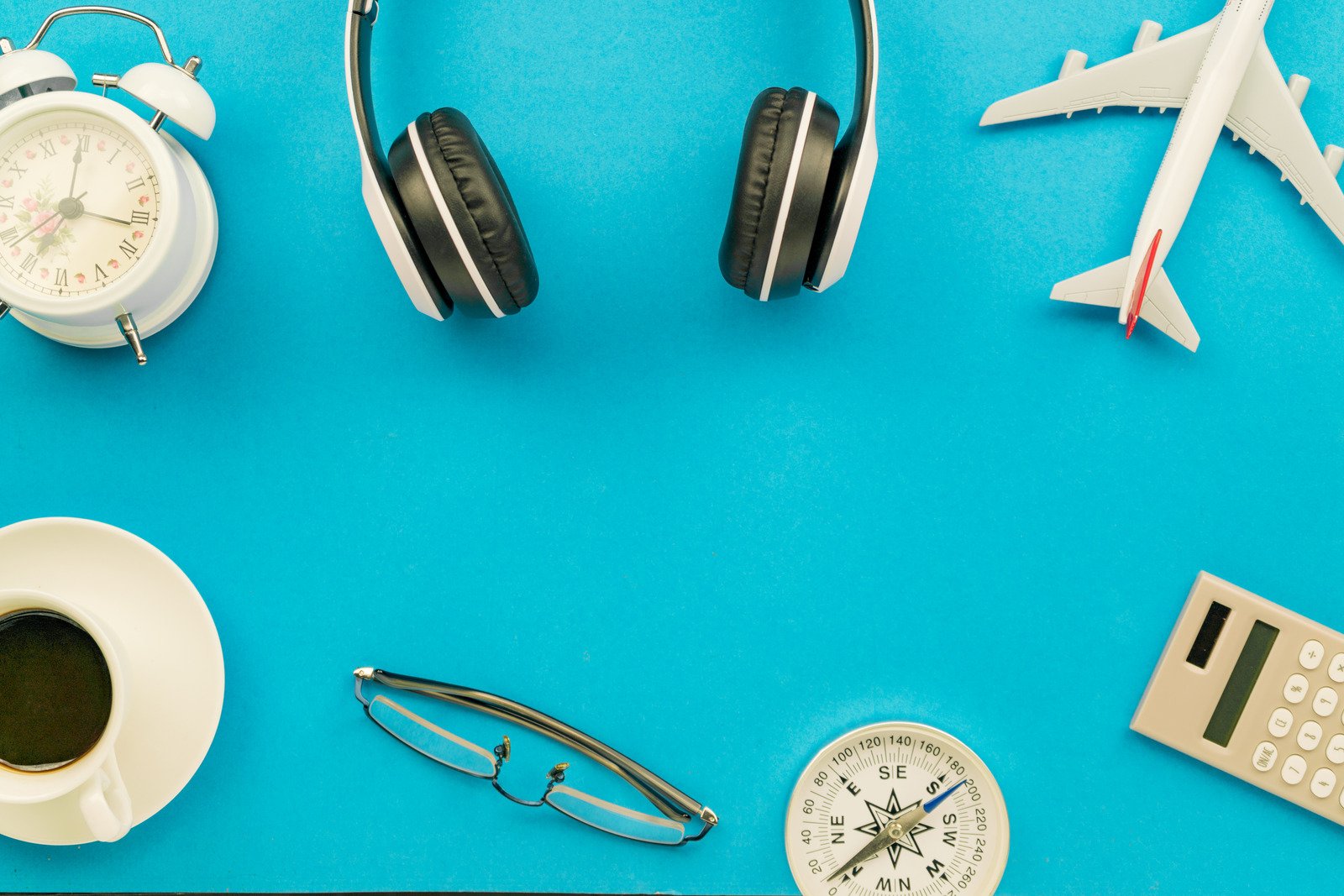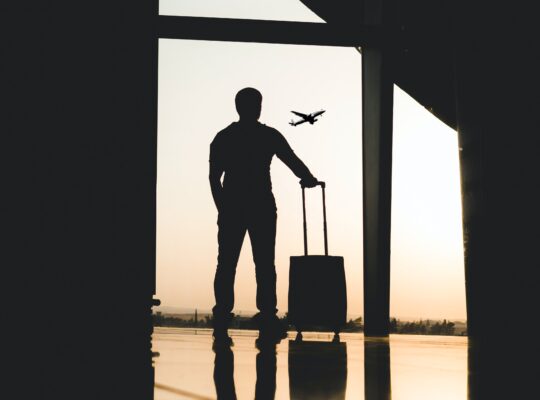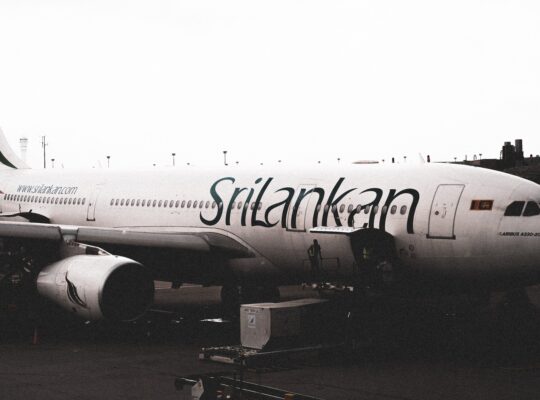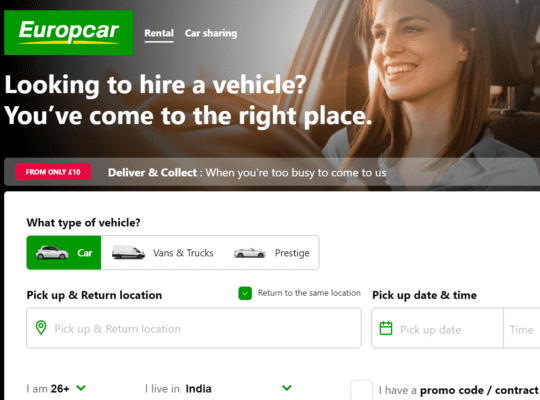Whether you’re jetting off to a new destination for the first time, or you’re planning your next trip, packing for travel can be daunting. In this blog post, we’ll be sharing our top tips for packing for your first trip, based on the essentials you need to take with you. From clothes and accessories to tech and toiletries, make sure to check out our comprehensive packing checklist below!
What to Pack for a First-time Traveler
If you’re a first-time traveler, there are a few things you should pack before your trip. Here are the essentials for a traveler:
Clothing: Bring clothes to cover all temperatures and styles. Don’t forget comfortable shoes, rain gear, and sun protection.
Electronics: Bring chargers for your electronics and an adapter if needed. Consider packing an external hard drive or laptop so you can store photos and videos of your trip online.
Documents: Make sure to bring your passport, driver’s license, and other travel documents. You may also want to bring proof of health insurance coverage if you’re traveling outside the US.
Cash: A backup currency is always a good idea in case of emergencies. Check with your credit card company about what type of protection they offer in case of lost or stolen cards while traveling.
Passports: Always make sure to have your passports ready in case you have to leave quickly for your destination country. You may also need visas for some countries.
Packing Tips for a First-time Traveler
If you’re a first-time traveler, one of the most important things you can do is prepare for your trip by packing as much as possible in advance. Here are some packing tips to help make your travels less stressful:
Start with the basics . Make sure to pack clothes that fit both the climate and your activity level. For example, if you’ll be sightseeing a lot, pack clothes that are lightweight and flowy. If you’ll be hiking or camping, bring heavier clothing.
. Make sure to pack clothes that fit both the climate and your activity level. For example, if you’ll be sightseeing a lot, pack clothes that are lightweight and flowy. If you’ll be hiking or camping, bring heavier clothing. Pack light . Not only will this save weight in your luggage, but it will also make traveling more comfortable because there won’t be extra strain on your back or shoulders when carrying everything with you.
. Not only will this save weight in your luggage, but it will also make traveling more comfortable because there won’t be extra strain on your back or shoulders when carrying everything with you. Divide and conquer . When packing for multiple days in a destination, try to divide up your items into small packages so they’re easier to carry around and keep track of. This way, you’ll avoid carrying unnecessary items that might become cumbersome or impossible to find once at your destination.
Appendix: A Comprehensive Guide to Purchasing Foreign Currency
When you’re ready to purchase foreign currency, there are a few things you need to keep in mind. The most important thing is to make sure the currency you’re buying is actually legal tender in the destination country. Some countries have stricter rules about what types of currency are acceptable, so it’s a good idea to do your research before hand. Additionally, be aware of exchange rates and be prepared to spend more than you expect if the rate is lower than what you’re used to. Remember, always use caution when exchanging money and never leave large sums of cash unguarded or unprotected.
When it comes time to actually purchase the foreign currency, there are a few things to keep in mind as well. First, try to find a bank that will allow you to make transactions in the local currency. This way, you’ll avoid fees associated with using an intermediary like a Travelex or Western Union. Second, always check the exchange rate before making your purchase. Make sure that the rate you’re being offered is accurate and that it’s something that you’re comfortable with spending. Finally, be sure to get your money out of the country as soon as possible after exchanging your money – if something goes wrong during your trip, having some cash on hand can help smooth over any potential problems.









